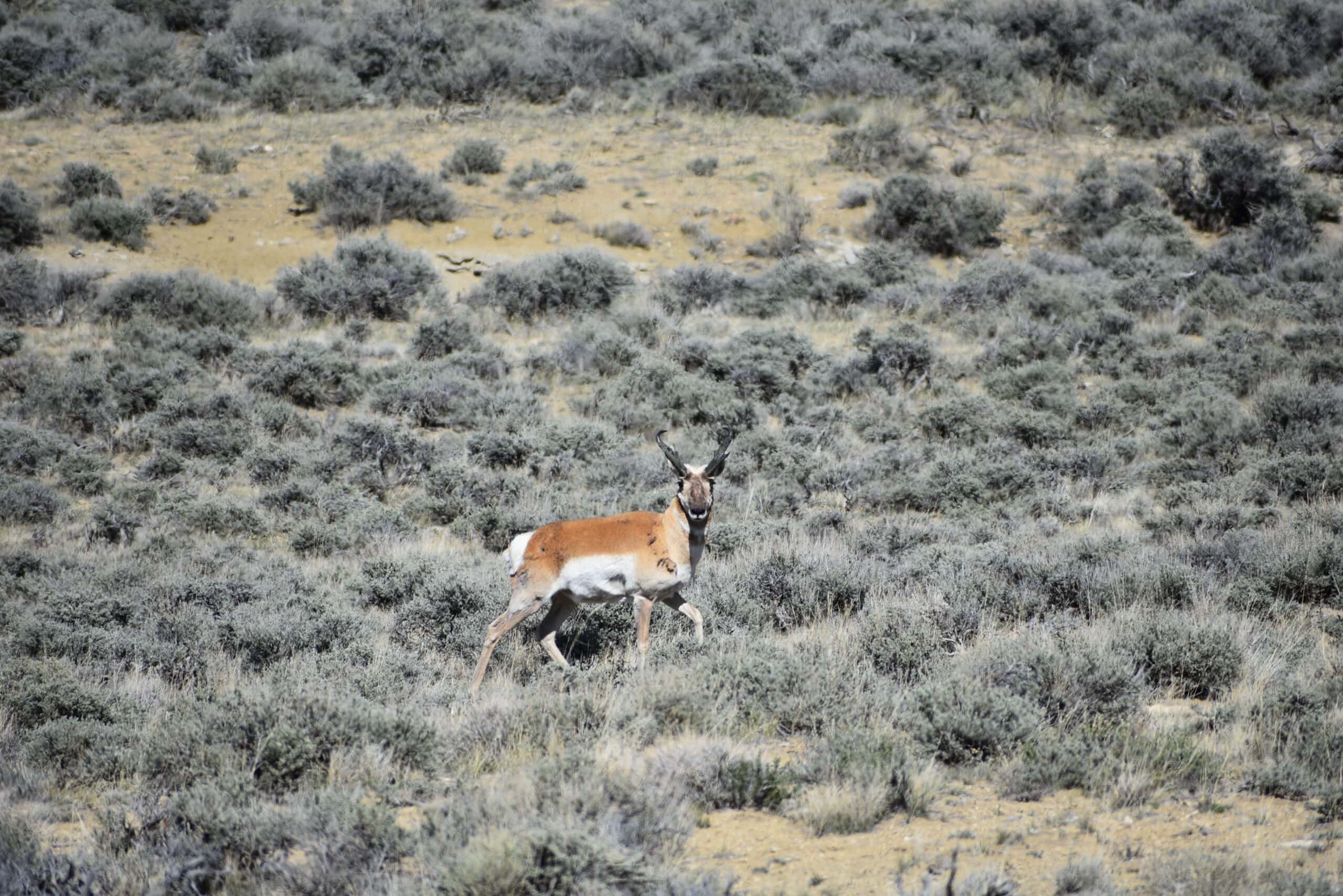Share this article
House committee advances ESA amendments
The U.S. House of Representatives’ Natural Resources Committee met Sept. 26 to discuss nine bills aimed at amending the Endangered Species Act.
Each of the bills aims to make a variety of changes to the ESA, including making it easier to delist a species, reducing judicial review of listing and delisting decisions, improving coordination with states and encouraging voluntary conservation measures. The bills, put forth by the Congressional Western Caucus, were originally introduced in July.
Witnesses at the hearing included representatives from the California Farm Bureau Federation and the Pacific Legal Foundation — both supporters of the bills — and a witness from Defenders of Wildlife, who expressed opposition to the proposed changes.
Proponents argued the bills would increase flexibility and efficiency. “I believe that if the ESA is to work better for species, it must work better for people,” said Jamie Johansson, president of the California Farm Bureau Federation.
“For this to happen,” he said, “we must increase the opportunities for collaboration and decrease the opportunities for conflict.”
Bob Dreher, senior vice president of conservation programs at Defenders of Wildlife, said the bills “would undermine key provisions of the ESA and result in increased harm to protected species and their habitat.”
The administration witness, Gregg Renkes, director of the Office of Policy Analysis at the Interior Department, was somewhat supportive of the bills, but he warned that some proposed changes could have important consequences on workload for the U.S. Fish and Wildlife Service. He was also concerned that other changes could make the department more vulnerable to litigation.
On Wednesday, the Committee met again and voted to advance four of the bills.
The Endangered Species Transparency and Reasonableness Act, H.R. 3608, would require agencies to publish the data used for their listing decisions online.
The Ensuring Meaningful Petition Outreach While Enhancing Rights of States (EMPOWERS) Act of 2018, H.R. 6345, would require more consultation with states and counties regarding ESA petitions.
Under the Weigh Habitats Offsetting Locational Effects (WHOLE) Act of 2018, H.R. 6346, agencies would be required to consider the totality of conservation measures in determining the impact of proposed federal agency action.
The Providing ESA Timing Improvements That Increase Opportunities for Nonlisting (PETITION) Act of 2018, H.R. 6355, would provide a process for dealing with petition backlogs.
These four bills must be voted upon by the whole House before being considered by the Senate. Final passage is unlikely given that the House is on recess until after the midterm elections.
In a separate session, the Natural Resources Committee made changes to and voted on several other bills, including the Manage our Wolves Act, H.R. 6784, which would remove the gray wolf (Canis lupus) in the contiguous 48 states from ESA protections. The bill would enforce and protect from judicial review previous U.S. Fish and Wildlife Service decisions to delist the wolves in Wyoming and the Western Great Lakes area. It would also require the USFWS to delist the gray wolves across the contiguous U.S. by the end of fiscal year 2019 and protect that decision from judicial review. The committee approved the bill, although some members expressed concerns.
“Delisting decisions are best kept in the hands of scientists,” said Rep. Beyer, D-Va., during the markup.
The day before the committee met to consider the nine ESA bills, Ranking Member Raúl M. Grijalva, D-Ariz., introduced the Conserving Ecosystems by Ceasing the Importation of Large (CECIL) Animal Trophies Act (H.R. 6885), which would restrict the importation of African lions (Panthera leo) and other species listed or proposed for listing under the ESA.
These bills are being considered alongside several other potential ESA changes, including proposals by the USFWS and National Marine Fisheries Service to modify regulations, and “discussion draft” legislative language being floated by Sen. Barrasso, R-Wyo.
See The Wildlife Society’s Technical Review and Position Statement on the U.S. Endangered Species Act.
Header Image: Gray wolves would be delisted across the United States under legislation recently advanced by a House Committee. ©John Waldinger








